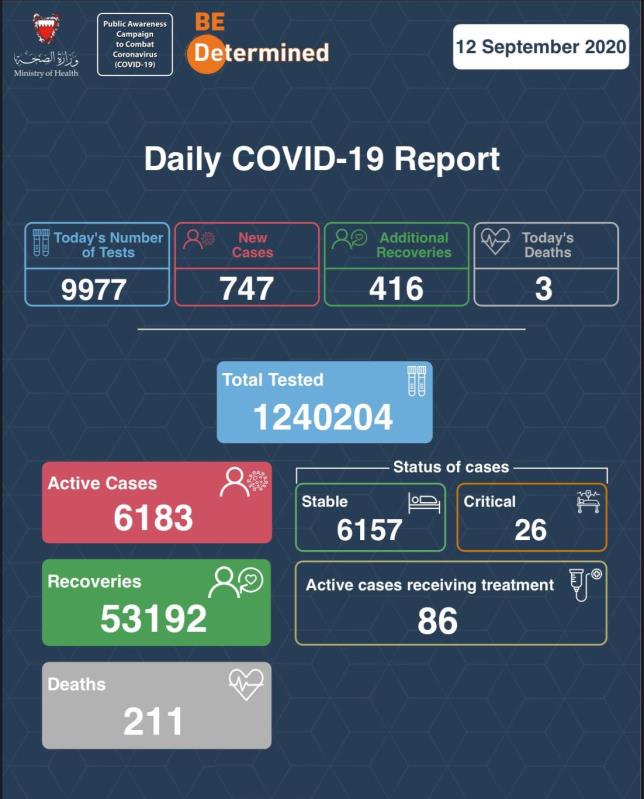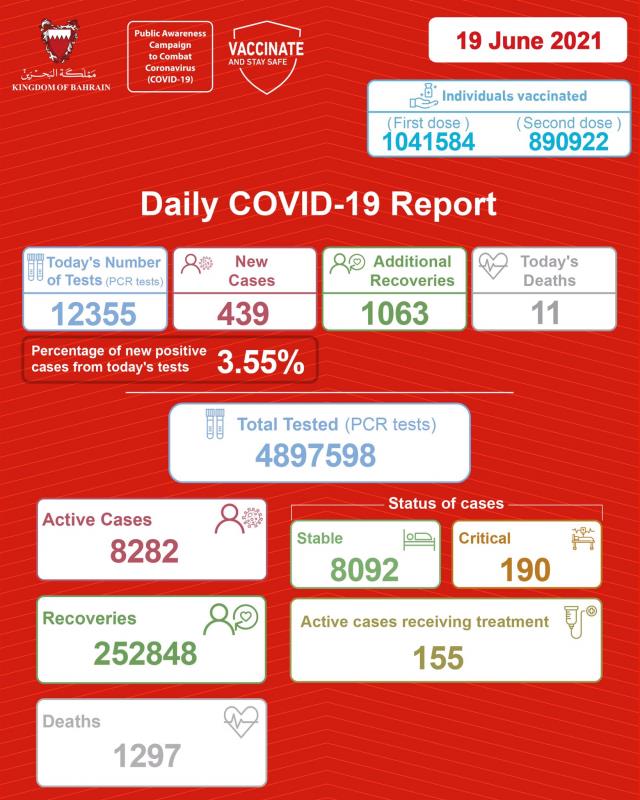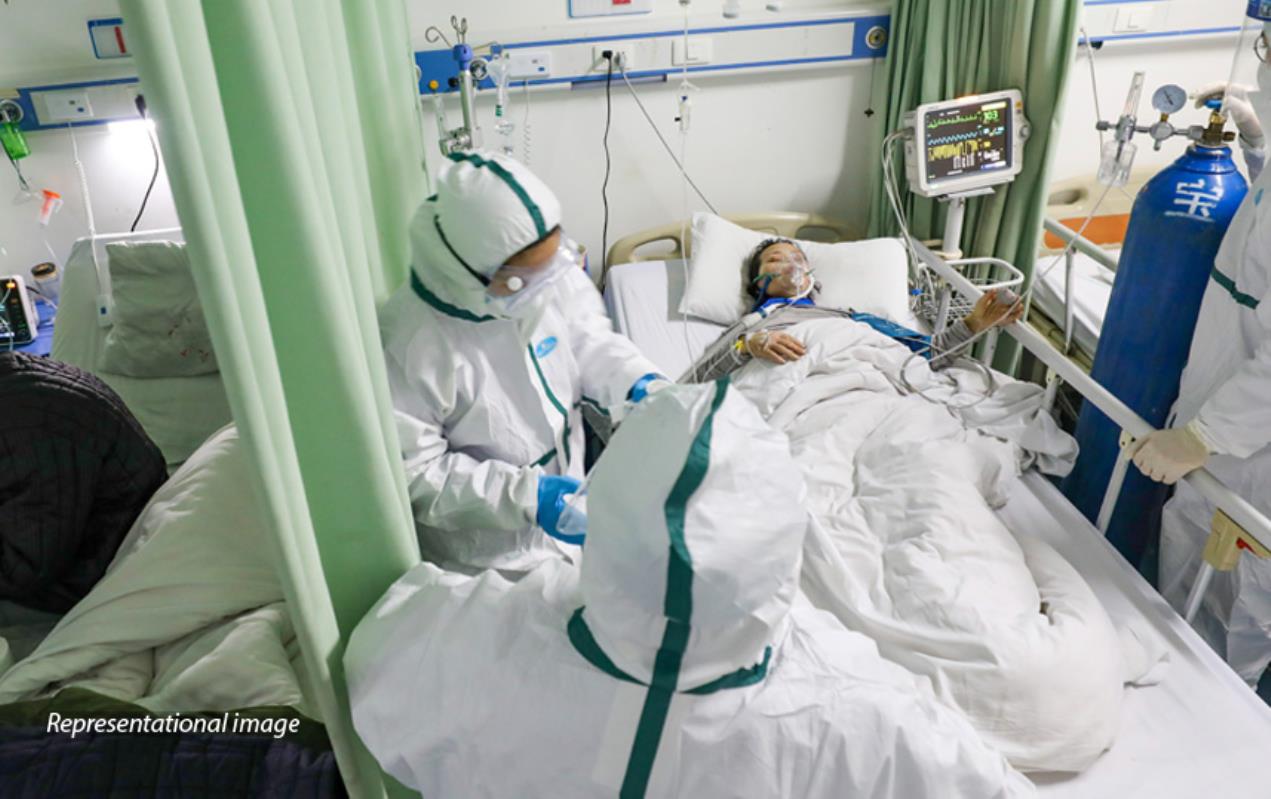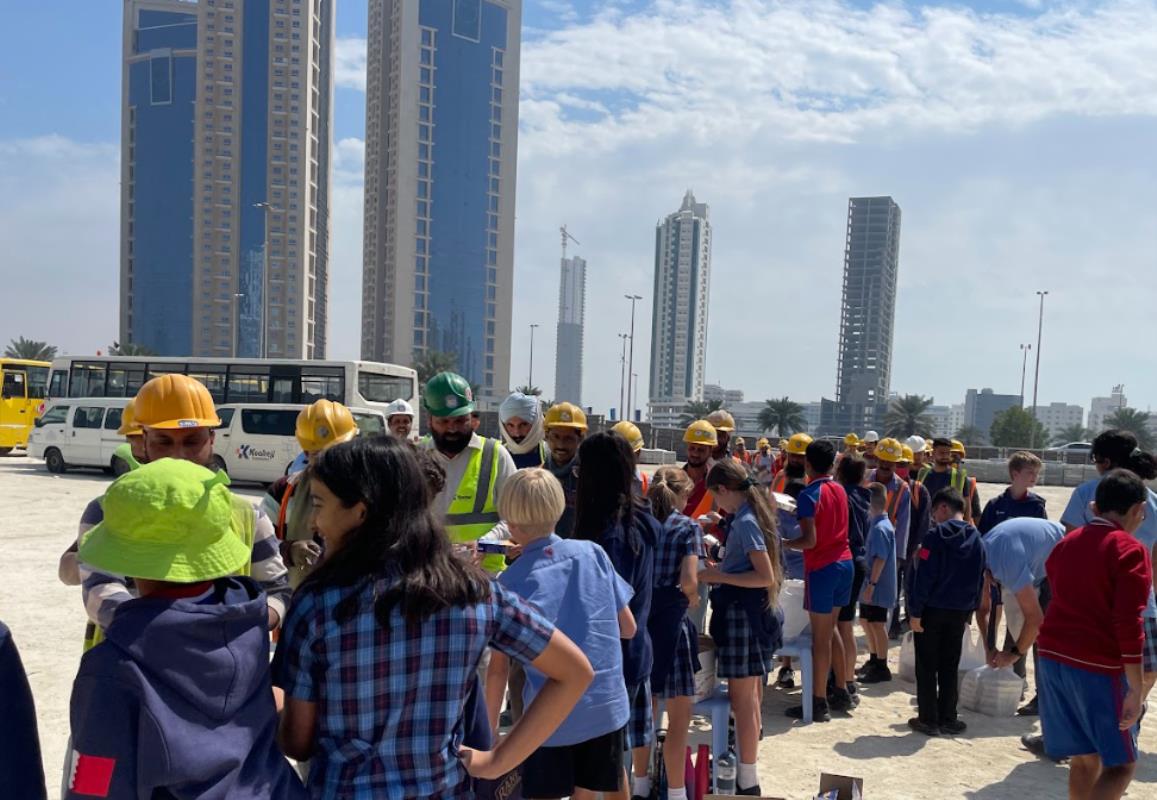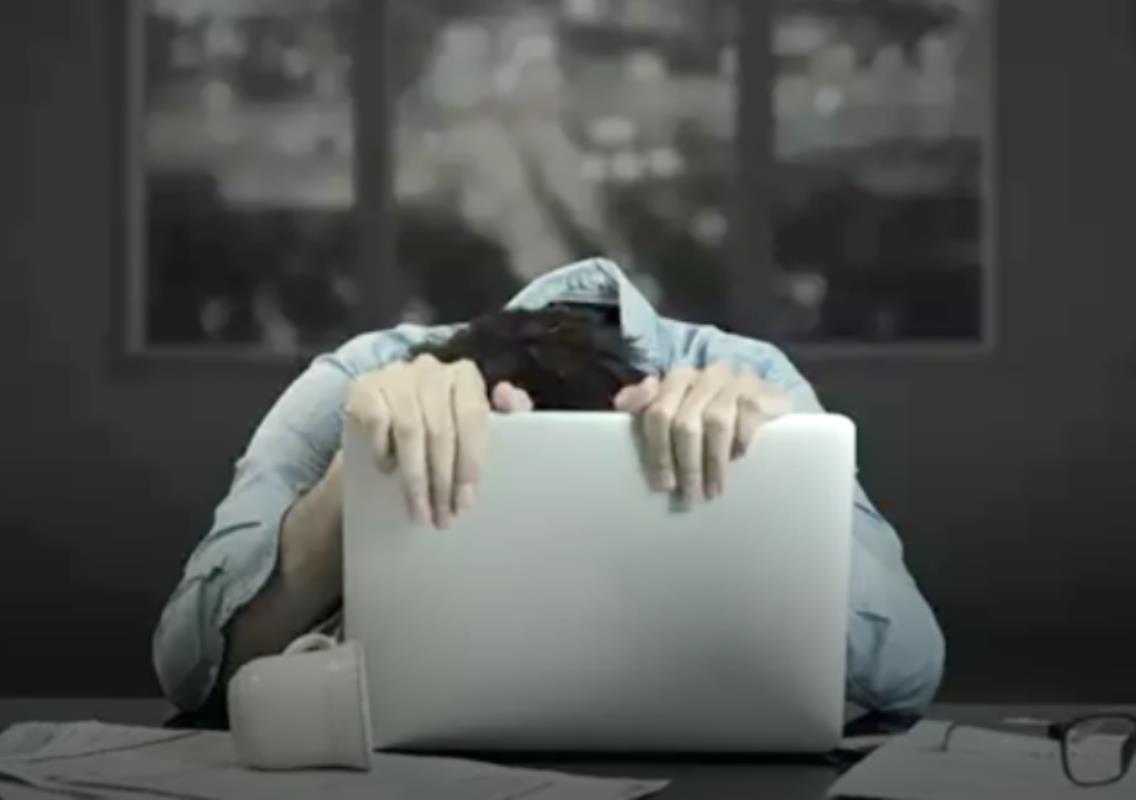
FOLLOWING a daily routine and taking a break from social media are vital for mental health and well-being amid the coronavirus outbreak, writes the GDN’s Ghazi Alshehabi.
Experts say that it is natural to feel stress, fear, anxiety and loneliness as authorities enforce social distancing and isolation measures to slow, and ultimately interrupt, the transmission of the virus.
They add that physical and mental health are key to resilience during the pandemic, which has so far killed more than 55,000 people all over the world and infected more than one million.
According to leading child psychologist Mariam Al Ammadi, isolation and social distancing could lead to an increase in cases of loneliness, depression and anxiety.
“As many of us fear for our loved ones, particularly the elderly, heightened stress levels may affect our sleeping and eating patterns,” she told the GDN.
“Most of us are also experiencing feelings of uncertainty about the future.
“In such a scenario, having a daily routine is important – if working remotely ensure you have some kind of a routine and a workstation.
“Similarly, if you are teaching your children at home, make sure to follow some kind of a lesson plan.”
She also advises taking breaks from watching, reading or sharing news stories, particularly on social media, as not only may the information be incorrect it can also worsen the symptoms of anxiety.
“Currently, a lot of individuals are following websites that are tracking the current health crisis and although it is good to have the information, you do not need to be constantly bombarded with information; instead, choose one or two times during the day to read the news,” she said.
“Also, try and create an outdoor space for yourself; if you have a garden, engage in a few moments of mindfulness.”
Ms Al Ammadi also urged people to follow up on all psychological and medical appointments, and if needed seek a licensed therapist.
“There is nothing wrong in needing additional support during this time,” she added.
She also stressed the importance of connecting with others through video calls or over phone.
“Channelling our creativity during this time can help us feel like we have a purpose,” she said.
“Play online games with family or loved ones if you are self-isolating in different places, it is a great way to engage, have a good time and give you another focus.
“It also ensures you are spending quality time together even if remotely.”
Meanwhile, psychotherapist Eman Nouraldeen said the pandemic is forcing people’s brains to do the opposite of what they learned over the years in order to survive, which is making isolation difficult for many.
“Science has shown that anxiety and isolation puts a toll on our brain’s circuitry, making it hard to function and may lead some people to experience loneliness, anxiety, depression or even trauma,” she said.
“People with existing mental health issues or who have experienced mental illness in the past are particularly vulnerable to the effects of isolation and social distancing.
“As time passes by, this trauma gets compounded because people are not getting their usual outlet to go to (other people).
“To heal the brain also, the body needs to move, to be confined makes it harder for the mind to overcome the stress.
“Immobilisation is the worst thing someone can do during times of high anxiety, as it could lead to trauma.”
She added that it was important for people to move around and exercise, whether it is to walk around the garden, do yoga, dance or connect online with others for a fitness class.













































